Taking Down Dams and Letting the Fish Flow
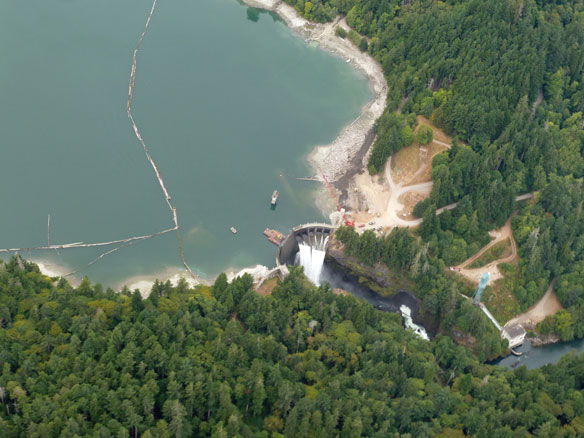
Nationwide, dam removals are gaining traction. Four dams are slated for removal from the Klamath River alone in California and Oregon by 2020. And the lessons are the same everywhere: Unplug the rivers, and the fish will return.
World Must Tackle the Biggest Killer of Whales – and it’s not Whaling
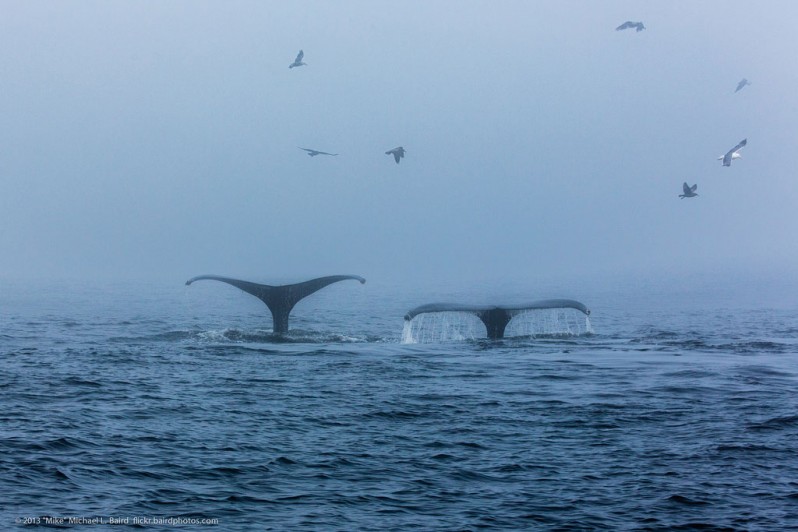
It is scarcely believable but accidental entanglement in fishing gear – or bycatch – kills over 300,000 whales, dolphins and porpoises, every year. And that’s a conservative estimate based on data from 2008. No one knows the real figure but it far outstrips the less than 2,000 whales that are deliberately hunted and killed for commercial purposes each year.
The Rising Environmental Toll Of China’s Offshore Island Grab

To stake its claim in the strategic South China Sea, China is building airstrips, ports, and other facilities on disputed islands and reefs. Scientists say the activities are destroying key coral reef ecosystems and will heighten the risks of a fisheries collapse in the region.
Pacific Ocean “blob” fed massive toxic algae bloom
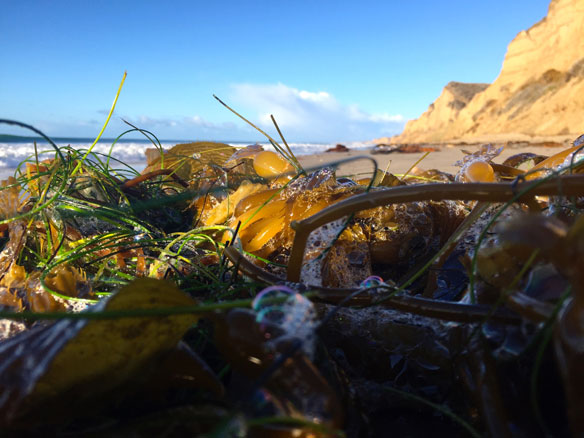
A new study finds that unusually warm Pacific Ocean temperatures helped cause a massive bloom of toxic algae last year that closed lucrative fisheries from California to British Columbia and disrupted marine life from seabirds to sea lions.
High Stakes on the High Seas: A Call for International Reserves
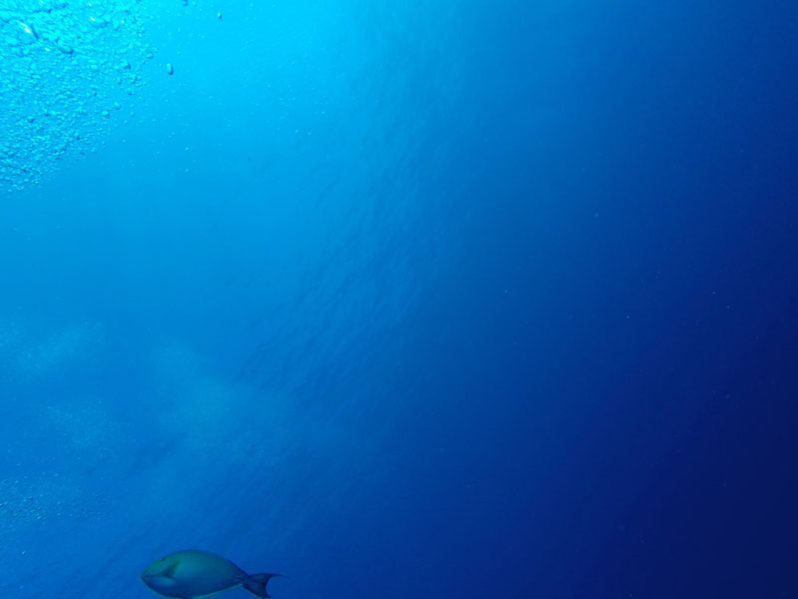
Marine protected areas in national waters have proven successful in helping depleted fish stocks to recover. Now, there is growing momentum for the creation of extensive reserves on the high seas as a way of reversing decades of rampant overfishing.
Underwater Mediterranean algae forests, threatened by human activity impact
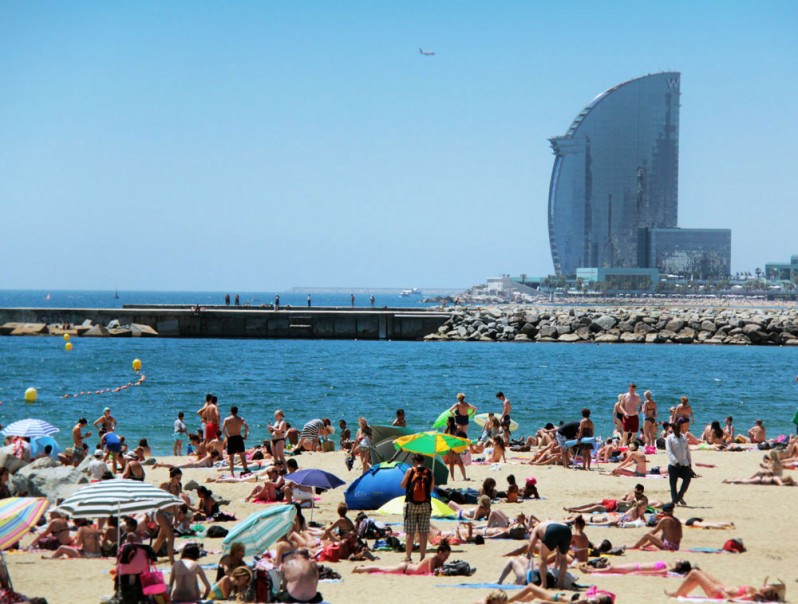
C. zosteroides, a brown alga of the order Fucale, is a species that creates dense underwater forests that create habitat, protection and food for the marine organisms. It is also one of the most sensitive algae species, under the environmental and anthropogenic impacts in the Mediterranean.
Larger marine animals at higher risk of extinction, and humans are to blame
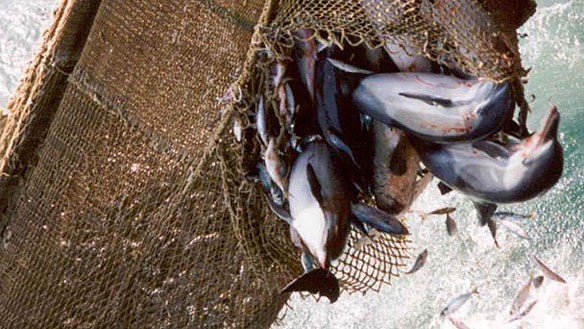
In today’s oceans, larger-bodied marine animals are more likely to become extinct than smaller creatures. It’s a pattern that is unprecedented in the history of life on Earth.
Caribbean Sea earns US$400B a year, yet its marine ecosystem is increasingly threaten
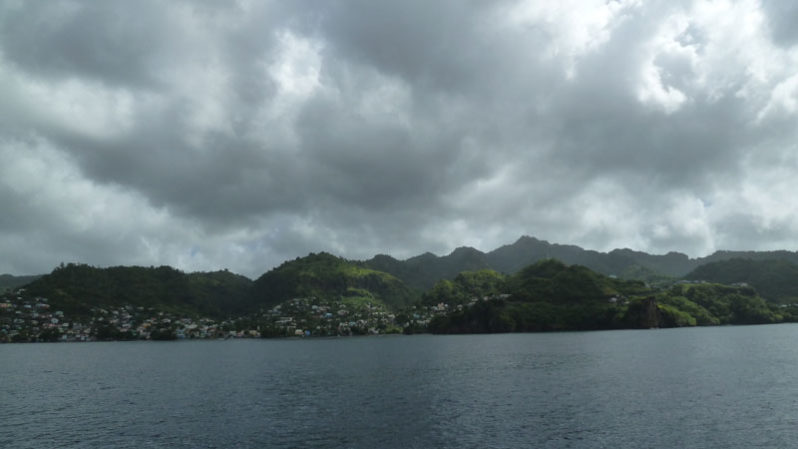
In tandem with that increase in economic activity and earning is a projected rise in the number of threats to the ocean from the very activities which it supports. In the Caribbean Sea, 70 per cent of beaches are eroded due to destroyed reefs, sea level rise, and excessive coastal development.
A tenth of the world’s wilderness lost since the 1990s
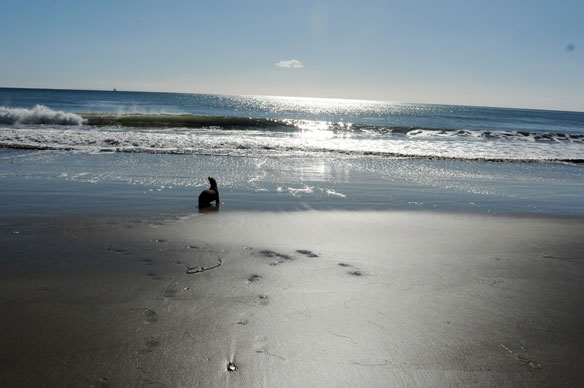
Researchers reporting in the journal Current Biology show catastrophic declines in wilderness areas around the world over the last 20 years.
